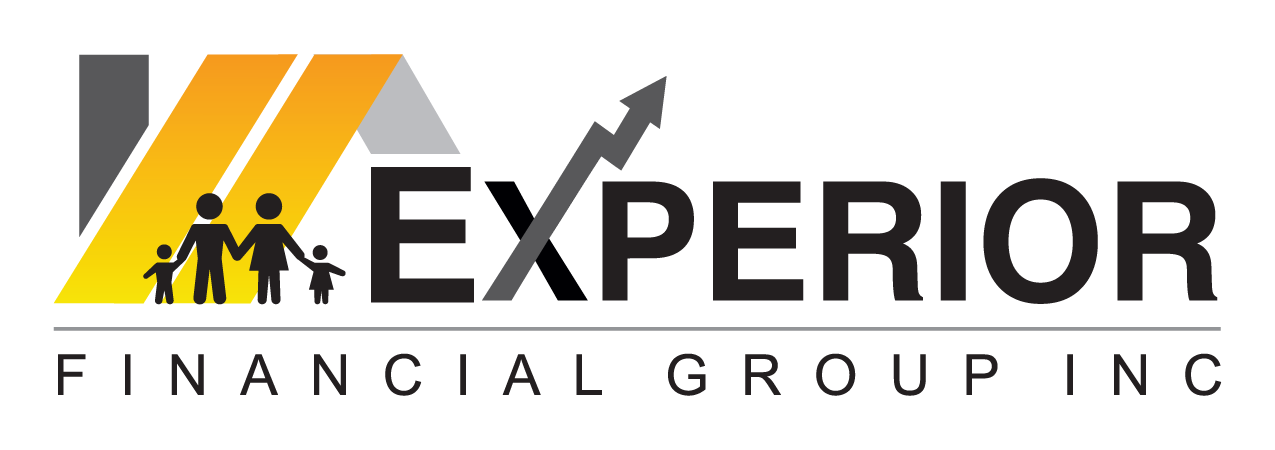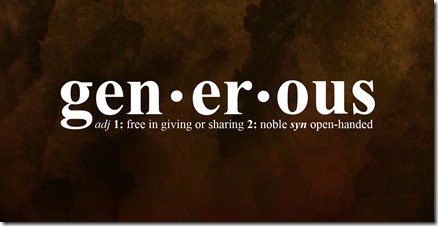I love the celebration of the New Year and the thought of the beginning of a new season. A new season opens the door for strengthening rhythms or beginning new ones that may help me walk a path of entering, experiencing, and engaging the life I was created for. 
As I look back on 2015 and forward to 2016, here are four personal lessons I was reminded of that can help me embrace 2016. Perhaps within these four, there may be one or two that can also help you.
-
My identity is deeper than what I do.
Identity is a hard struggle for us all. Coming out of this past year, I am reminded that God has not called me or accepted me based on my ability but on who he is. I was not called to be a pastor based on what I would do or can do. I was reminded that what I do can change, but I am more than what my hands can produce.
My lesson moving forward to entering, experiencing and engaging the life I was created for, is to see myself as God does. Who I am becomes wrapped up in him.
-
Taking care of myself.
Taking care of yourself mentally and physical must be of high priority. There is no way I can serve others, reach my dreams, or achieve my goals if I do not take care of myself. I am not where I want to be physically, but I have made some great steps this past year.
In order to embrace the new year, I must ensure that I care from my physical and mental life.
-
Life changes: give margin and be flexible.
At the end of 2014, we adopted a little boy into our family. You can read a little about that here. It has been one of the great blessings and challenges of this past year. We have had to redesign our schedules and rhythms, and on top of that, we had a job change and moved to a new home. As I look at my own life, and those I have journeyed with over the last year, change happened.
In order to embrace the new year, I must understand change is just a part of life, so give margin and be flexible.
4. We all need community.
To be honest, I have done well and poorly with it over the last year. God has designed us to be in relationships and so the human experience needs relationships in order to flourish. We all need larger, small and smaller communities in our life, but the thing is, it just does not seem to happen. We have to work at it and it is hard work sometimes.
However, even though there are challenge and risks in community, the benefits far outweigh the cons. In order to embrace the new year, I must understand the role of the different types of community in my life and build into them.
Looking back over the last year of your life, what are four things you have learned that can help you embrace the year ahead?


 Picture yourself riding a bike and that you have been riding it for some time. You have had to push to keep moving forward, you have had to overcome obstacles, and you at times feel winded. Where do you want to be in 5, 10, 30 kilometers? Likewise in life, where do you want to be in 5, 10, 30 years? One of the questions I will often ask University Students is, “What is your hope when you are done?” For many, they do not know. I understand that they just want to get through their studies, but it is important they know what they want otherwise they will just bounce around in life.
Picture yourself riding a bike and that you have been riding it for some time. You have had to push to keep moving forward, you have had to overcome obstacles, and you at times feel winded. Where do you want to be in 5, 10, 30 kilometers? Likewise in life, where do you want to be in 5, 10, 30 years? One of the questions I will often ask University Students is, “What is your hope when you are done?” For many, they do not know. I understand that they just want to get through their studies, but it is important they know what they want otherwise they will just bounce around in life.

